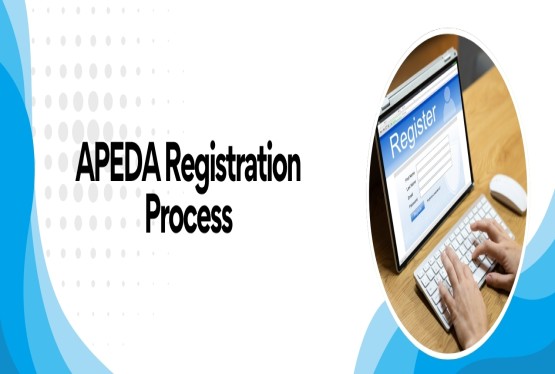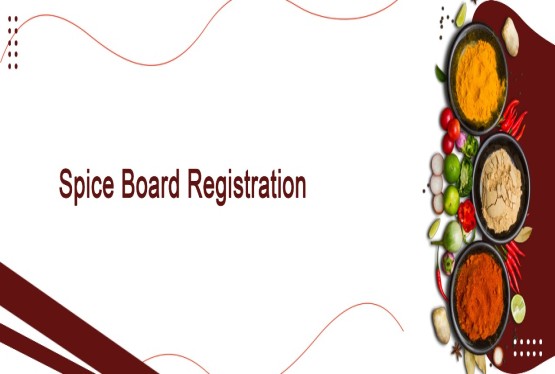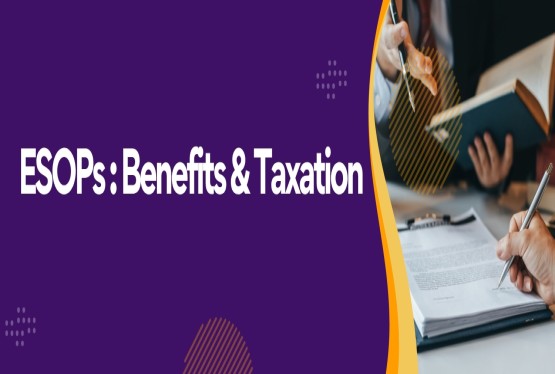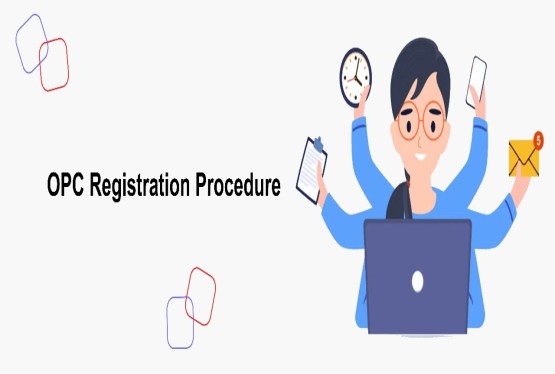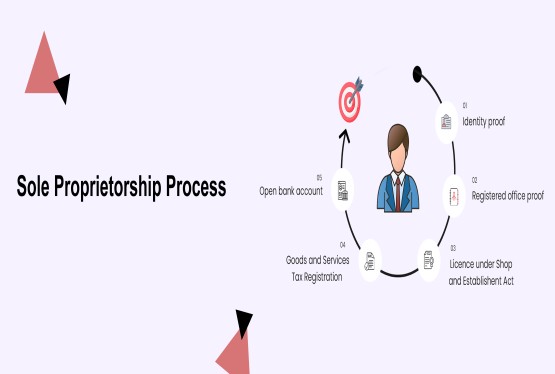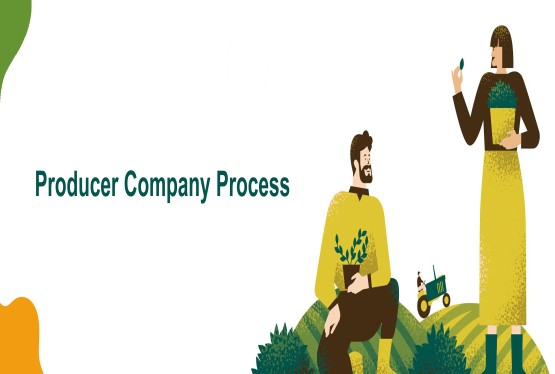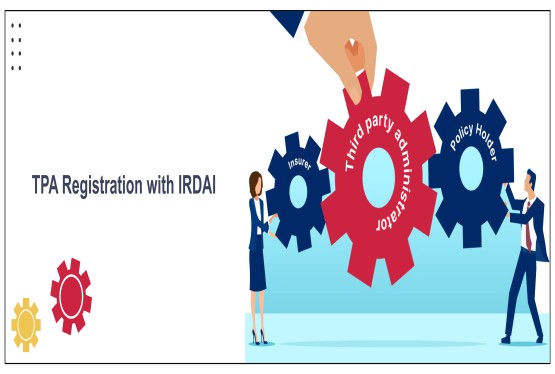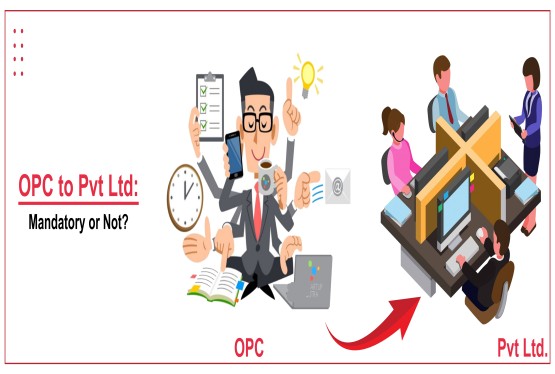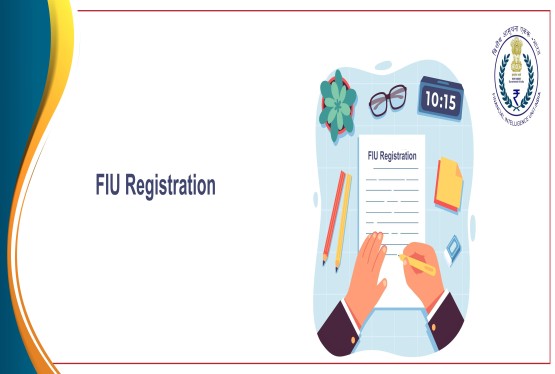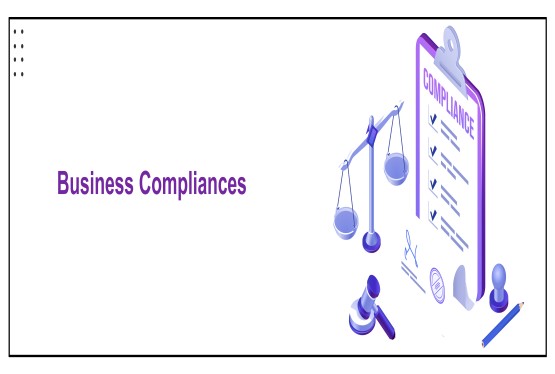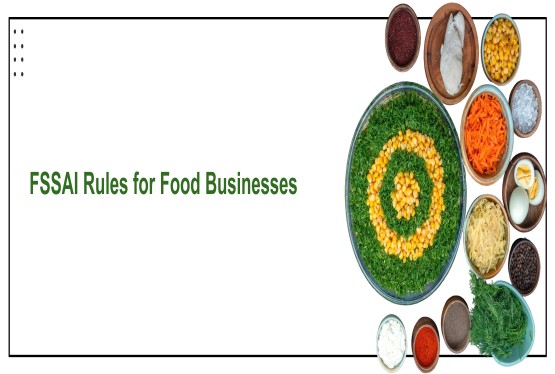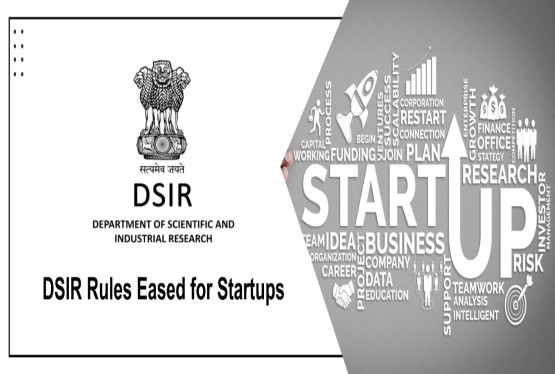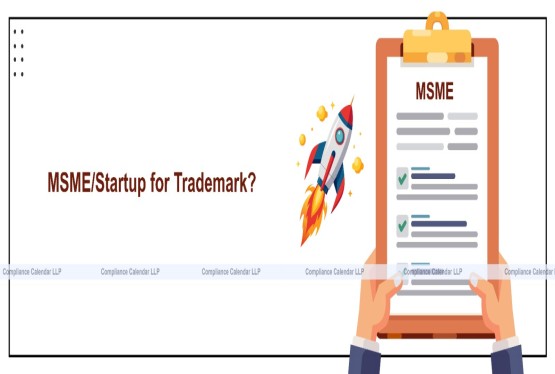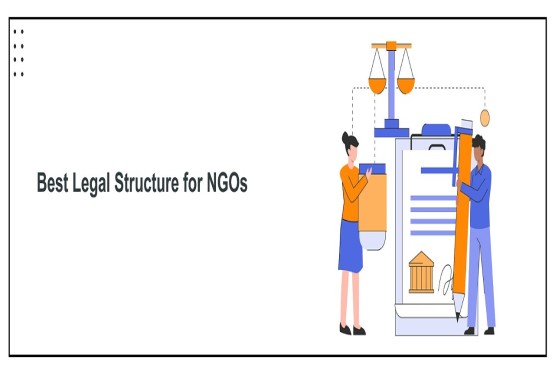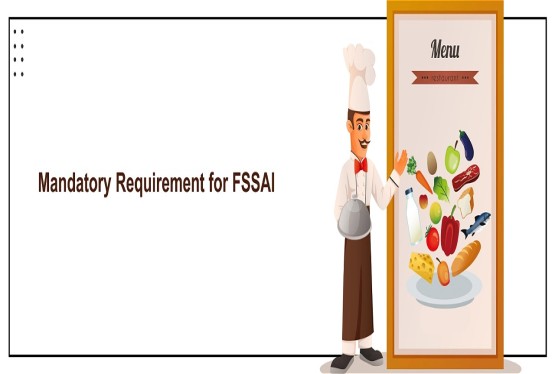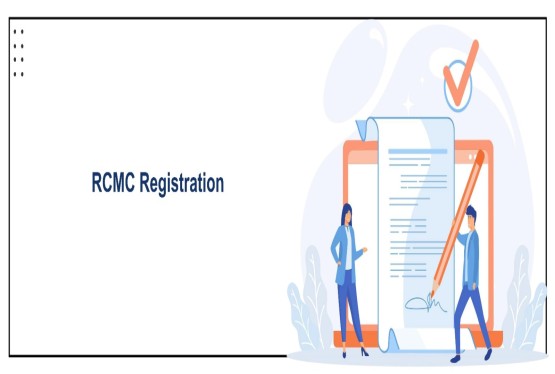The Food Safety and Standards Authority of India (FSSAI), on May 20, 2025, released a proposal to amend the current rules related to food license renewals and validity. This proposal invites public feedback and seeks to streamline the licensing framework by offering fixed renewal dates and long-term validity options for food business operators (FBOs). This move is part of the regulatory authority's ongoing efforts to ease compliance and reduce administrative hurdles in India's food business ecosystem.
What is FSSAI?
The Food Safety and Standards Authority of India (FSSAI) is a statutory regulatory body established under the Food Safety and Standards Act, 2006. It is responsible for laying down scientific standards for the production, distribution, sale, and import of food items to ensure food safety across India. The FSSAI is entrusted with granting licenses and registrations to all food business operators, ensuring that food products are safe for consumption and meet hygiene standards.
Roles and Responsibilities of FSSAI
FSSAI is responsible for creating the regulatory framework for food safety in India. It drafts and enforces food safety regulations and standards that all food business operators must follow. FSSAI is also involved in framing guidelines and advisories to help businesses and state authorities maintain food quality and hygiene.
Moreover, the FSSAI provides training and support to new food entrepreneurs, collects data on food consumption and related hazards, and promotes awareness of food safety across the nation. It also collaborates with international organizations to develop global food safety benchmarks.
Background Behind FSSAI Proposal on License Renewals
The food licenses in India are governed under the Food Safety and Standards (Licensing and Registration of Food Businesses) Regulations, 2011. Currently, food business operators can obtain licenses valid for one to five years. These licenses require periodic renewal, often involving multiple documents, varying expiration dates, and heavy compliance monitoring.
With this proposal, FSSAI aims to simplify the process by offering standard renewal dates and extending license validity. The suggested changes will not only reduce administrative workload but also provide cost savings to food businesses by reducing the frequency of renewals.
FSSAI Proposal on Food Licenses
FSSAI has made three key proposals in the notification issued on May 20, 2025. These are aimed at easing the compliance process and ensuring a more predictable license renewal framework for food businesses.
First Proposal: Fixed Renewal Dates
FSSAI proposes a system where all food businesses will renew their licenses on standard fixed dates. Businesses can choose from four renewal dates during the calendar year:
-
January 15
-
April 15
-
July 15
-
October 15
For existing food business operators, FSSAI will provide the flexibility to select any of the above renewal dates. The fee applicable will be calculated accordingly.
For new applicants, the Food Safety Compliance System (FoSCoS) will automatically assign the nearest fixed renewal date during license issuance. If a business wishes to select a different renewal date, it can do so by paying a surcharge. This initiative will bring predictability and planning ease for businesses and reduce confusion caused by varying renewal deadlines.
Second Proposal: Extended Validity of Licenses
The second proposal from FSSAI focuses on extending the license validity from the current maximum of 5 years to up to 10 years for specific business categories. This includes medium and large-scale businesses involved in wholesale, storage, transportation, and online food delivery.
The businesses that will benefit include:
-
Storage units (including cold and controlled atmosphere storage)
-
Wholesalers and distributors
-
Retailers
-
Food transporters
-
Food vending services
-
Online food delivery platforms such as Zomato, Swiggy, and Blinkit
-
E-commerce grocery platforms like Amazon and Zepto
-
Importers and exporters
-
Direct sellers in the food sector
The longer validity period will significantly reduce paperwork, save compliance costs, and allow businesses to focus on operations rather than frequent renewals.
Third Proposal: Minimum Validity Period for FSSAI Registration
FSSAI also proposes to fix the minimum registration validity for food businesses at 3 years. The current practice allows businesses to obtain registration for 1 to 5 years. The new rule will eliminate the option of 1- and 2-year registration periods, thereby reducing the frequency of renewals and associated costs. This change is especially beneficial for small businesses and startups, as they will now be able to secure their FSSAI registration for a minimum of 3 years. This will bring cost-efficiency and simplify the compliance burden on small-scale food entrepreneurs.
Applicability of the FSSAI Proposal
The proposed amendments will apply to a broad spectrum of food business operators across India. This includes businesses operating under central and state FSSAI registration systems. From small-scale hawkers and street vendors to large food retail chains and manufacturers, the proposal will impact nearly every player in the food sector.
Reason Behind FSSAI’s Proposal on Licenses and Renewals
FSSAI has multiple objectives behind introducing these changes. The primary goal is to simplify compliance and reduce regulatory burden on food business operators. Longer license validity and uniform renewal dates will enable businesses to manage licenses more efficiently. Furthermore, the move is expected to bring consistency across different states, as businesses operating in multiple regions often deal with mismatched renewal cycles. The proposal will help align all FSSAI licenses with standard dates, making it easier to track and renew.
Types of Food Licenses and Registrations by FSSAI
FSSAI issues three categories of licenses based on the scale and nature of the business:
FSSAI Registration
FSSAI registration is mandatory for small food businesses with annual turnover below INR 12 lakhs. It includes vendors, small retailers, temporary stalls, dairy businesses, and repackaging units. The registration process is simple and cost-effective, offering an easy compliance route for small entrepreneurs.
Every business under this category is issued a 14-digit unique registration number, which must be printed on all food packages and labels.
FSSAI State License
Medium-scale food businesses with annual turnover above INR 12 lakhs but below INR 20 crores are required to obtain a FSSAI state license. This includes medium-scale manufacturers, traders, marketers, and transporters. The state license is issued by the respective state authorities. For specific businesses like wholesalers and transporters, the turnover limit is extended to INR 30 crores. The current license validity of 1 to 5 years is now being proposed to extend up to 10 years under the new FSSAI proposal.
FSSAI Central License
Large-scale food manufacturers, importers, exporters, and businesses operating in more than one Indian state must acquire a FSSAI central license. This is also required for companies engaged in food supplements, food processing using radiation, and those operating in central government premises. The threshold for a central license is above INR 20 crores in turnover. As with the state license, wholesalers and transporters are allowed up to INR 30 crores. The new proposal allows central licenses to be valid for up to 10 years, subject to category eligibility.
Documents Required for FSSAI Basic Registration
The following documents are needed to apply for basic FSSAI registration:
-
A detailed business plan
-
Identity and address proof of the proprietor
-
Business registration certificate
-
Trade license from local authorities
-
Bank account statement
-
NOC from property owner if rented premises
-
Electricity or water bill for address verification
-
List of food items to be handled
-
Food safety management plan or certificate
Documents Required for FSSAI State and Central License
For medium and large businesses seeking a state or central license, the documents required include:
-
Identity and address proof of directors or partners
-
Shop and establishment license
-
Company registration documents (MOA and AOA)
-
B.U. permit for building usage
-
Employee health certificates
-
List of machinery and raw material sources
-
NOC from the manufacturer (in case of traders)
-
BIS certificate for packaged water businesses
-
Bank statements as proof of turnover
-
Tax receipts for business property
Benefits of FSSAI’s Proposal on License Renewals
The following are the benefits of this proposal:
Uniformity
The most significant benefit of the proposal is the introduction of fixed renewal deadlines. With four preset dates, FBOs can manage compliance more efficiently. Businesses operating multiple units in different locations can align their renewal process and save time.
Support for Small Businesses
Small businesses will benefit from a 3-year minimum registration validity. This reduces the cost of compliance, as fewer renewals mean less paperwork and lower renewal fees.
Awareness and Prevention Programs
FSSAI also plans to roll out awareness initiatives to educate food businesses about the new rules. These programs will help businesses understand the renewal process, avoid penalties, and maintain compliance with minimal hassle.
Time Efficiency
For businesses with multiple outlets, especially those registered under the same head office, bulk renewal options will streamline operations. Instead of managing different renewal dates for each unit, businesses can renew all licenses in one go.
Challenges of FSSAI’s Current Renewal System
Uneven Expiration and Renewals
Under the current system, licenses issued at different times expire on different dates. Businesses with multiple locations must track each license separately, which often leads to missed deadlines and penalties.
Heavy Bureaucracy
Managing multiple license renewals means dealing with extensive paperwork, monitoring deadlines, and coordinating with authorities. This increases overhead and operational costs.
Short-Term Renewals
Most licenses are valid for 1 to 5 years, meaning food businesses must frequently repeat the renewal process. This adds to the workload and delays in operational focus.
Conclusion
The FSSAI’s proposal to implement fixed renewal cycles and extended validity for food licenses is a welcome reform for the Indian food industry. By introducing standard renewal dates, the authority aims to eliminate unnecessary paperwork and simplify compliance for food businesses of all sizes. Small businesses will benefit from reduced compliance costs due to a longer registration validity of 3 years. Mid-size and large-scale operators will be able to plan better with a maximum 10-year license validity. The new proposal encourages digitalization, transparency, and a more structured compliance framework.
With these changes, FSSAI is not only reducing the regulatory burden but also enhancing ease of doing business in India’s fast-growing food industry. Stakeholders are encouraged to review the draft proposal and provide their suggestions within 30 days from the notification date to ensure inclusive policymaking. If implemented, this proposal will mark a major milestone in India’s journey toward a modernized food regulation regime.
If you need any support regarding FSSAI Licenses or Registration, connect with the experts through mail at info@ccoffice.in or Call/Whatsapp at +91 9988424211.
FAQs
Q1. What are the key changes proposed by FSSAI regarding food license renewals?
Ans. FSSAI has proposed three major changes: first, introducing fixed renewal dates (January 15, April 15, July 15, and October 15); second, extending the validity of licenses for certain businesses up to 10 years; and third, fixing the minimum registration validity at 3 years instead of the earlier 1 or 2 years. These changes aim to streamline the process and reduce compliance costs.
Q2. Who will benefit from the proposed 10-year license validity by FSSAI?
Ans. The 10-year license validity will primarily benefit medium to large-scale businesses such as wholesalers, food retailers, distributors, storage units, transporters, online food delivery apps like Swiggy and Zomato, and e-commerce grocery platforms like Amazon, Blinkit, and Zepto. These businesses often deal with multiple outlets and can now enjoy long-term validity, reducing renewal frequency.
Q3. Can new FSSAI applicants choose their license renewal date under the proposed system?
Ans. Yes, but with conditions. Under the proposed system, new applicants will automatically be assigned the nearest renewal date by the Food Safety Compliance System (FoSCoS). However, if the applicant prefers a different renewal date, they can request a change by paying a surcharge, provided the new date does not exceed the license’s validity.
Q4. How will fixed renewal dates help food businesses in India?
Ans. Fixed renewal dates will bring uniformity and predictability. Businesses with multiple licenses across states often face confusion due to scattered renewal deadlines. With standard dates, food business operators can align all licenses and plan their renewals better, saving time and avoiding missed deadlines or penalties.
Q5. What will be the minimum validity for FSSAI registration under the new proposal?
Ans. According to the third proposal, the minimum validity for FSSAI registration will be fixed at 3 years. The earlier option of registering for just 1 or 2 years will be removed. This is expected to benefit small food businesses and startups by reducing frequent renewal obligations and compliance costs.
Q6. Are these changes applicable to both state and central FSSAI licenses?
Ans. Yes, the proposed changes on fixed renewals and extended validity apply to both state and central licenses. Businesses under either category will be able to align their licenses with the proposed fixed dates and can also apply for long-term validity if they fall under the eligible business types.
Q7. When will the new FSSAI proposals be implemented?
Ans. As of now, the proposals are in the consultation phase. FSSAI issued the draft on May 20, 2025, and has invited comments and suggestions from stakeholders within 30 days. After the review and final approval, the changes will be notified officially and implemented as part of the updated licensing regulations.












_crop10_thumb.jpg)





_crop10_thumb.jpg)




























-Form_crop10_thumb.jpg)

_crop10_thumb.jpg)























_learn_crop10_thumb.jpeg)
































_crop10_thumb.jpg)

_crop10_thumb.jpg)





















_crop10_thumb.jpg)















_for_Foreign_Directors_learn_crop10_thumb.jpeg)




_Act,_2015_learn_crop10_thumb.jpg)


































_learn_crop10_thumb.jpg)











